In the current global climate, prioritizing sustainability has become indispensable. Consequently, we must act decisively. An important point of consideration lies within your kitchen.
This blog debunks the notion of environmental impact through conventional food storage and presents you with eco-friendly alternatives - empowering you to transform your kitchen into a beacon of sustainability. We cover everything from eco-friendly food storage options to strategies for minimizing food waste. Let’s get started!
Environmental Impact of Conventional Food Storage
Single-use plastic containers, cling wraps, and other disposable items are conventional food storage options. Such practices significantly contribute to plastic waste, pollution, and environmental degradation.
The production and disposal of these items release harmful greenhouse gases. Furthermore, our oceans become potential destinations for the resulting plastic waste - a detriment to ecosystems. Our planet is in jeopardy and individuals must effectively incorporate and use sustainable food storage methods to find immediate solutions.
Sustainable Food Storage Options
- Glass Containers: Durable and non-leaching of harmful chemicals into your food, glass containers provide an ideal storage solution for both leftovers as well as fresh produce.
- Stainless Steel Containers: Lightweight, durable, and easy to clean these containers offer an excellent option for packed lunches and food storage.
- Reusable Beeswax Food Wraps: Cotton, pine resins, jojoba oil, and beeswax, this is the essential composition of beeswax wraps which is considered to be the most sustainable alternative to plastic cling wrap. They boast a reusability period extending to a year.
Benefits of Sustainable Food Storage
- Choose sustainable food storage options to significantly reduce your reliance on single-use plastics. This choice contributes to a healthier planet by minimizing plastic waste.
- Sustainable storage options, despite their potentially higher initial cost, offer long-term savings due to their superior durability. They are purposefully designed for longevity.
- Glass and stainless steel containers preserve your food's freshness, retain premium taste, and eliminate any potential risk of plastic contamination.
Engaging in sustainable food storage not only minimizes your potential for food waste but also mitigates the risk of spoilage. The strategic use of clear containers or labels facilitates easy identification. Thus, reducing incidental instances where edibles may be disregarded and left to perish.
Plastic-Free Options and Alternatives
Various plastic-free alternatives to accommodate kitchen items exist in addition to the aforementioned sustainable options:
- Reusable Eco-Friendly Food Storage bags excel at storing dry ingredients, produce, and baked goods.
- Ideal for canning and grain storage, mason jars also serve as versatile drinking glasses that accommodate nuts and other dry food.
- Though not fully devoid of plastic, aluminum foil remains reusable numerous times and is also recyclable. This rationalizes its use as a viable alternative--a compromise towards sustainability.
By incorporating these plastic-free alternatives into your kitchen, you can further advance towards the reduction of plastic waste. Switch to eco-friendly and sustainable food storage options by collaborating with platforms such as Brown Living.
This transition will not only create a more environmentally conscious kitchen but also yield positive impacts on the environment. By reducing plastic waste and minimizing food spoilage you are taking significant steps towards sustainability. Begin implementing these changes in your culinary space today, thereby contributing actively to the solution for our future.
Check out Sustainable Food Storage Products:

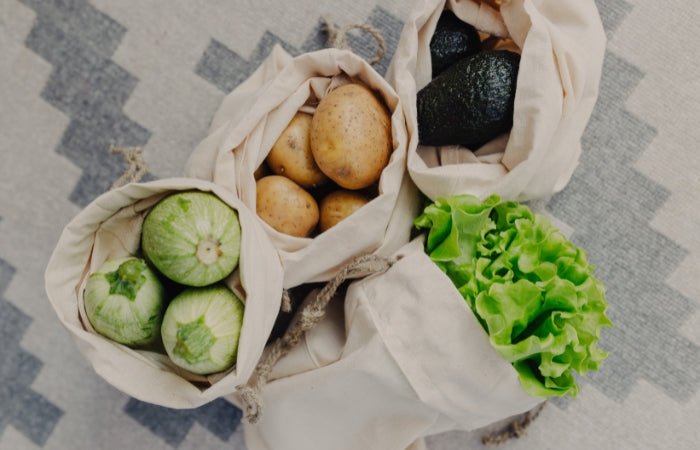
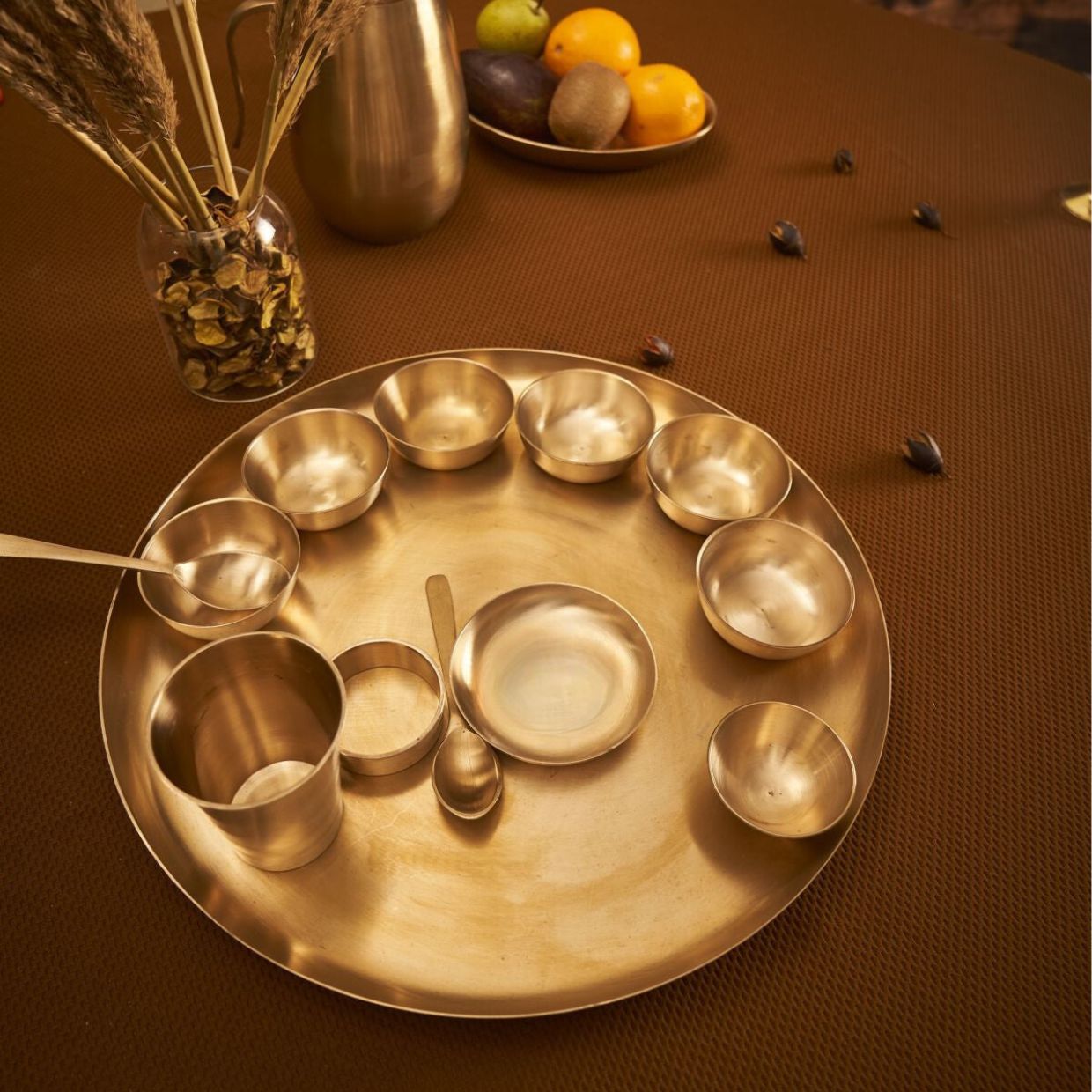
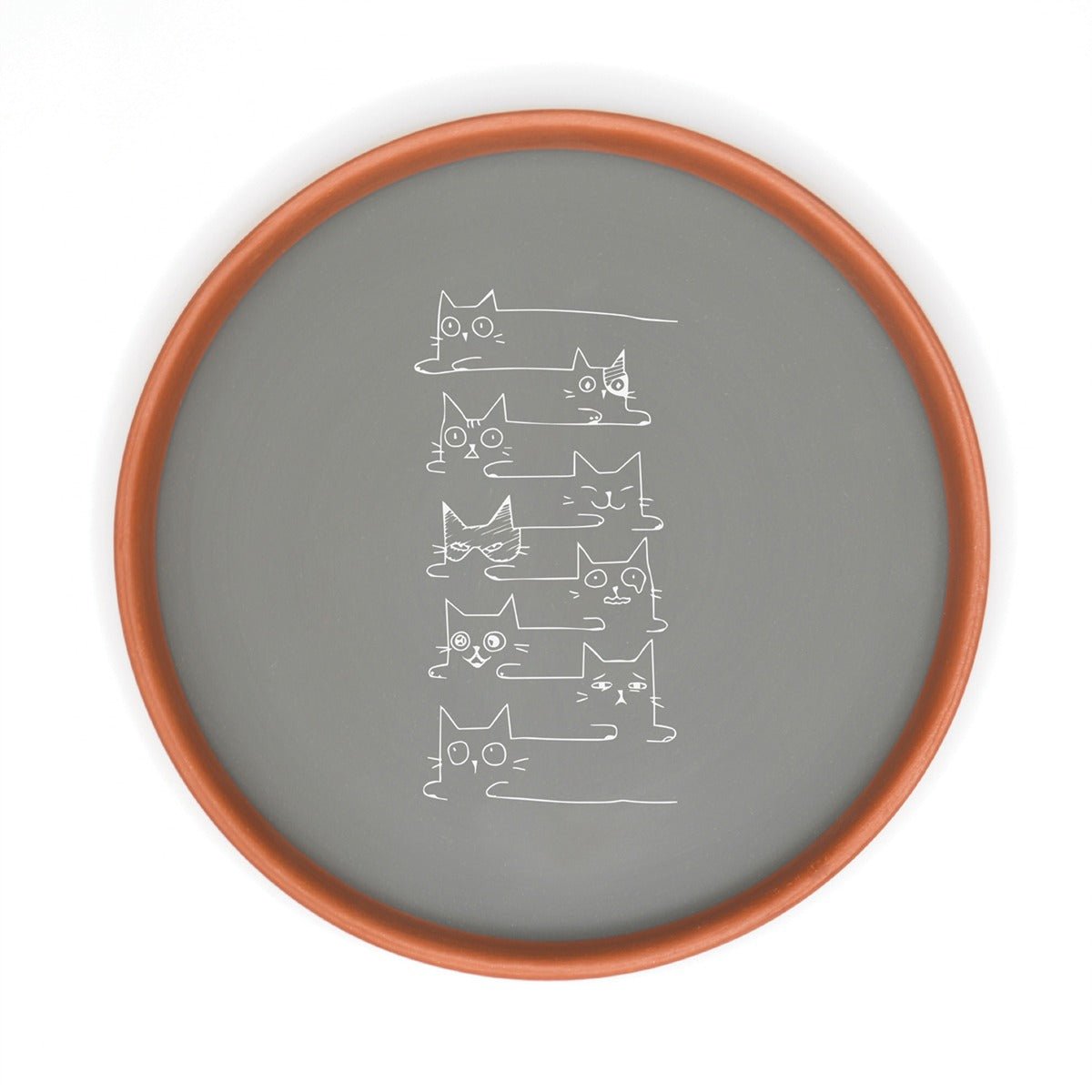
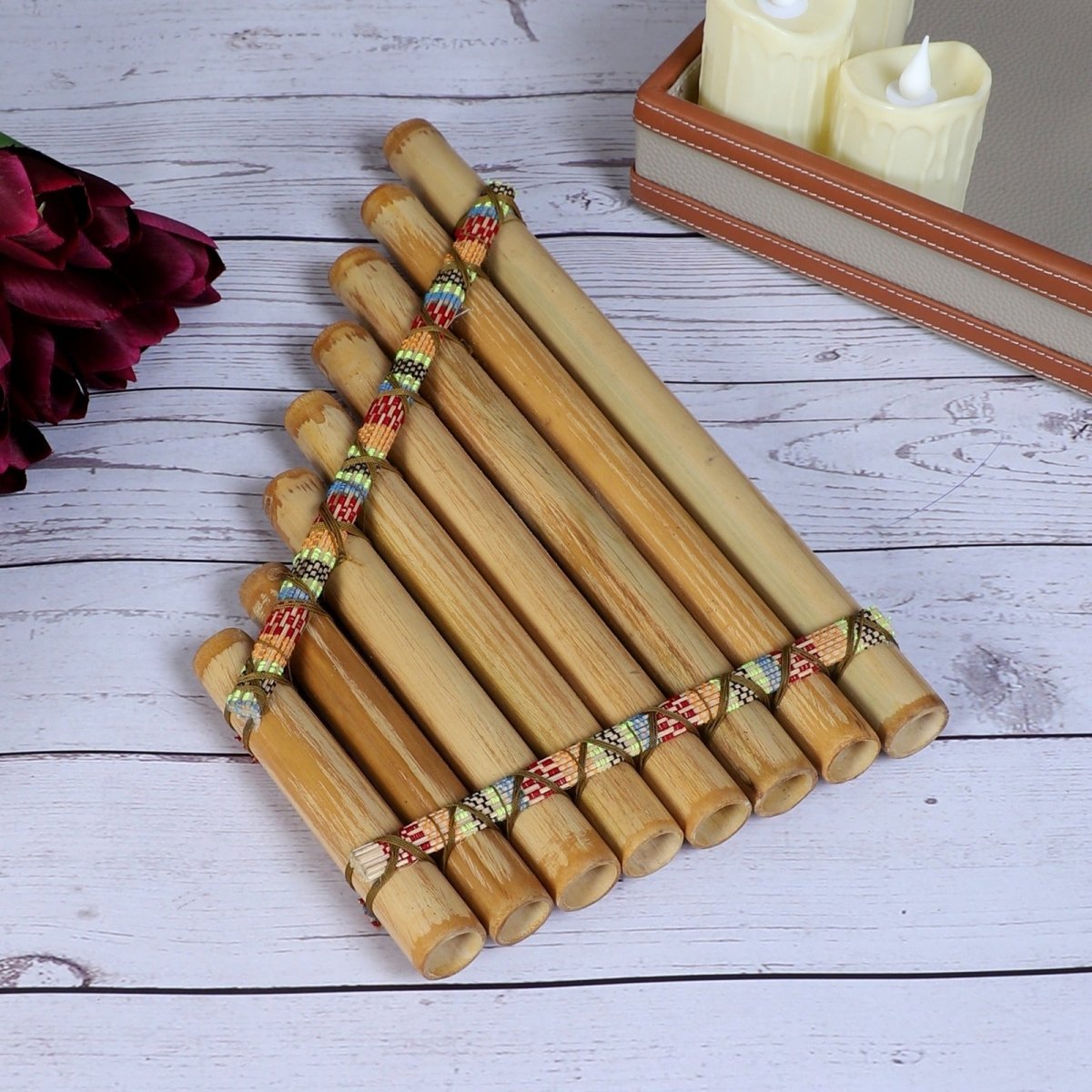



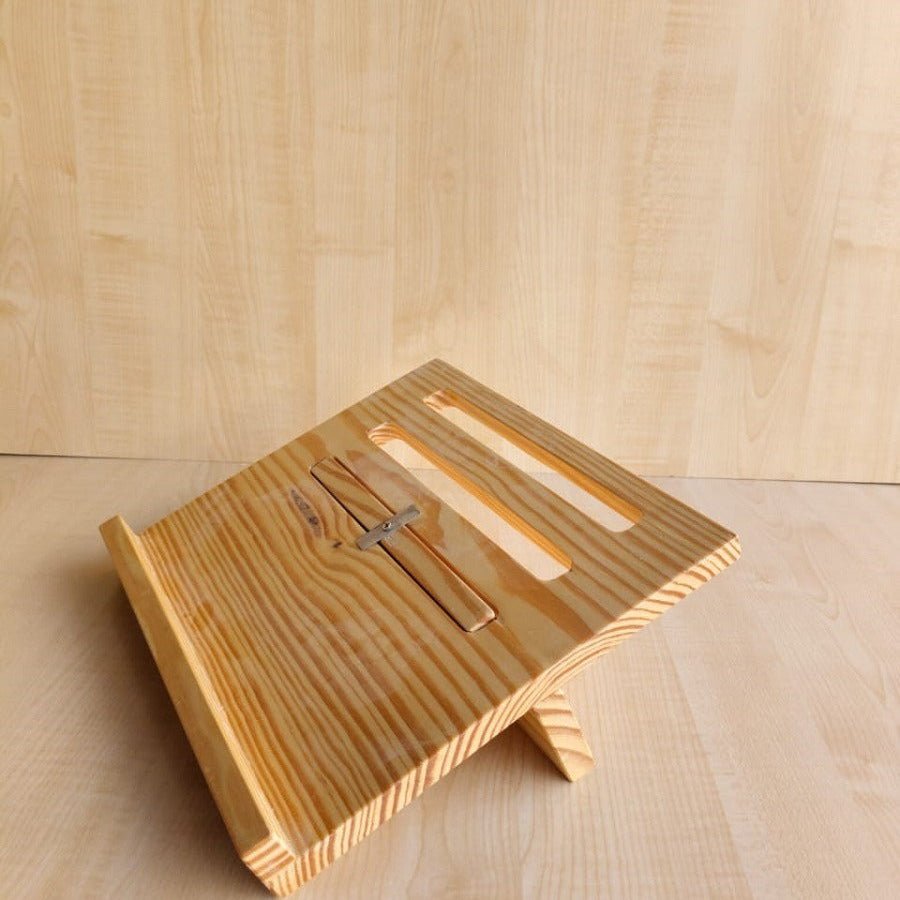
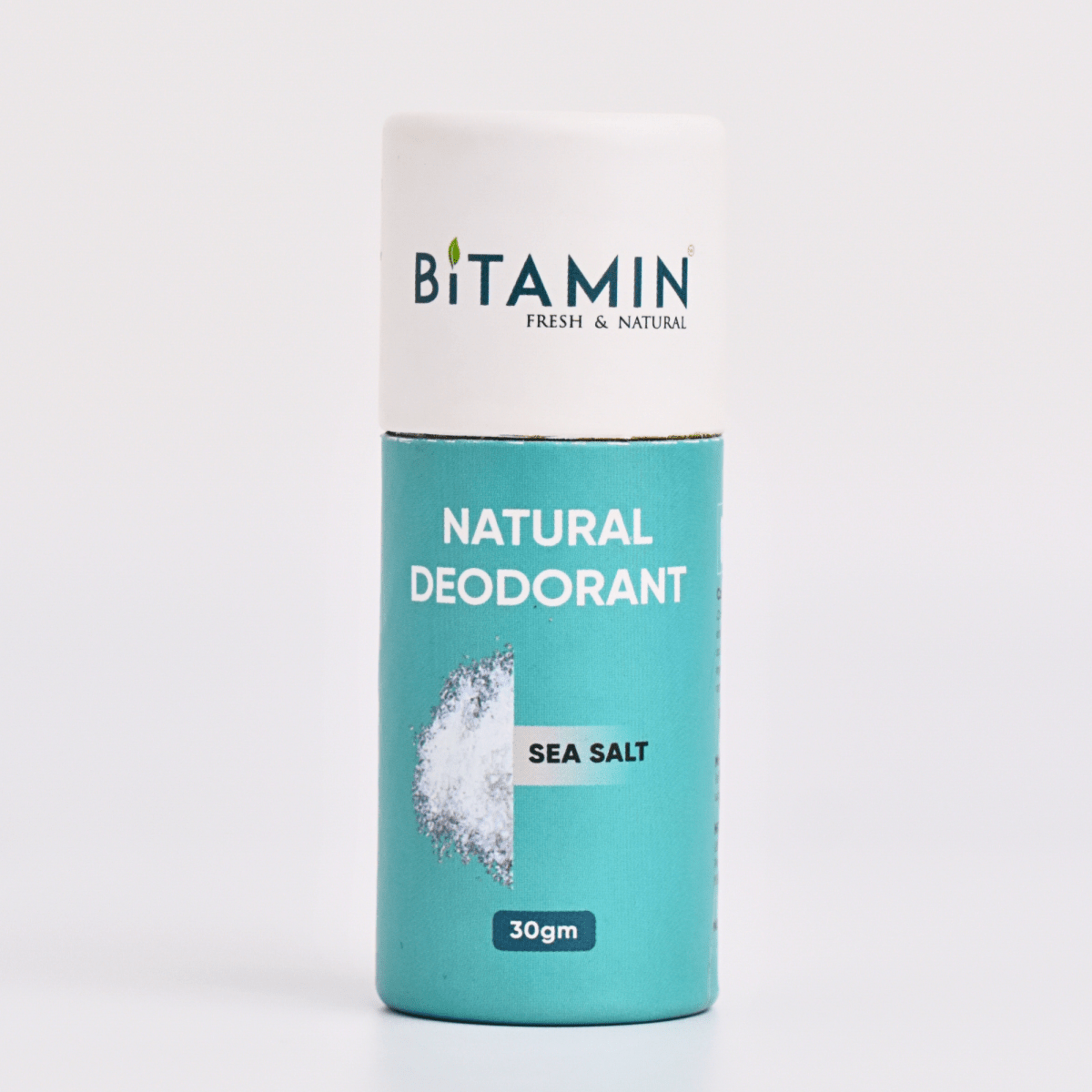


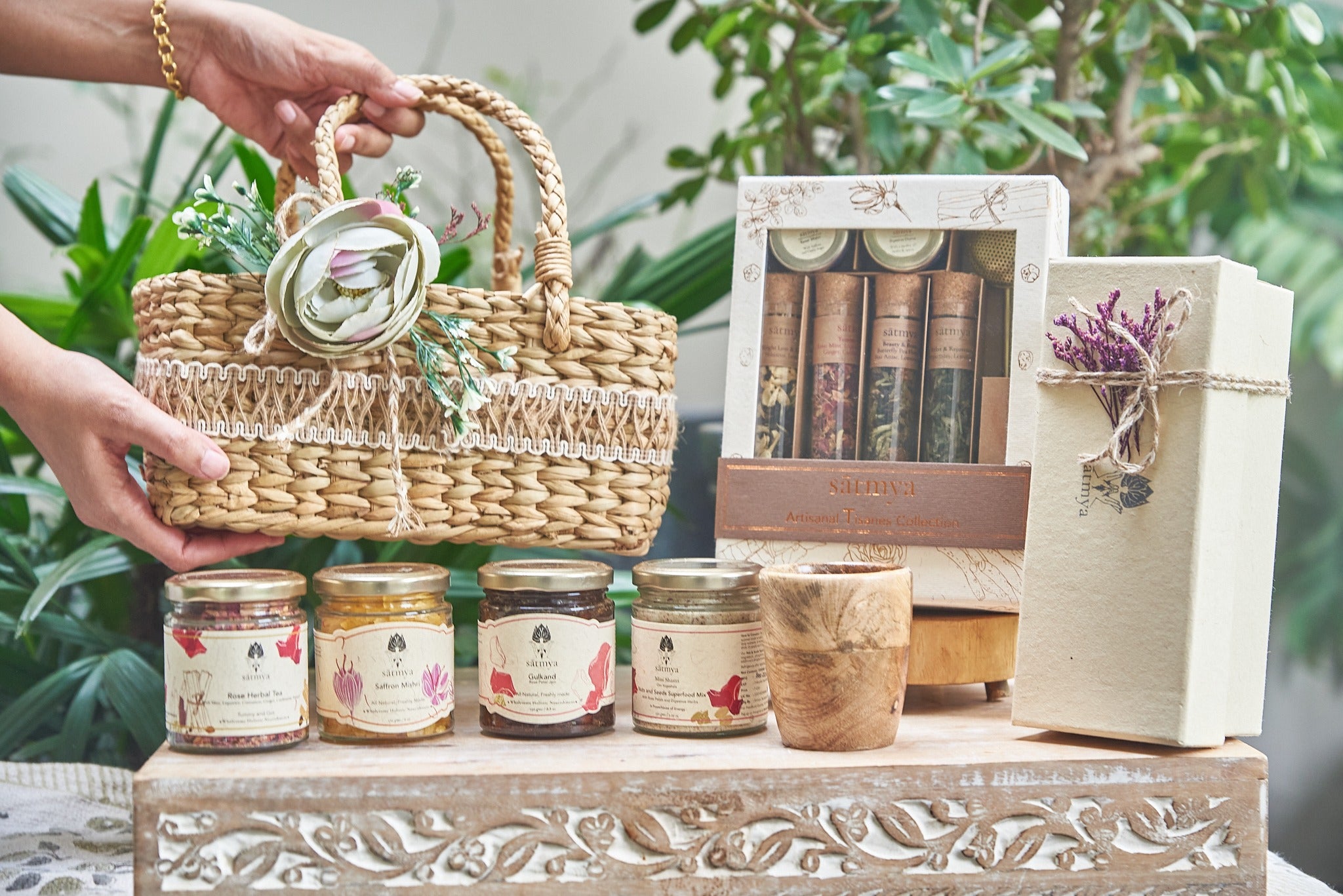
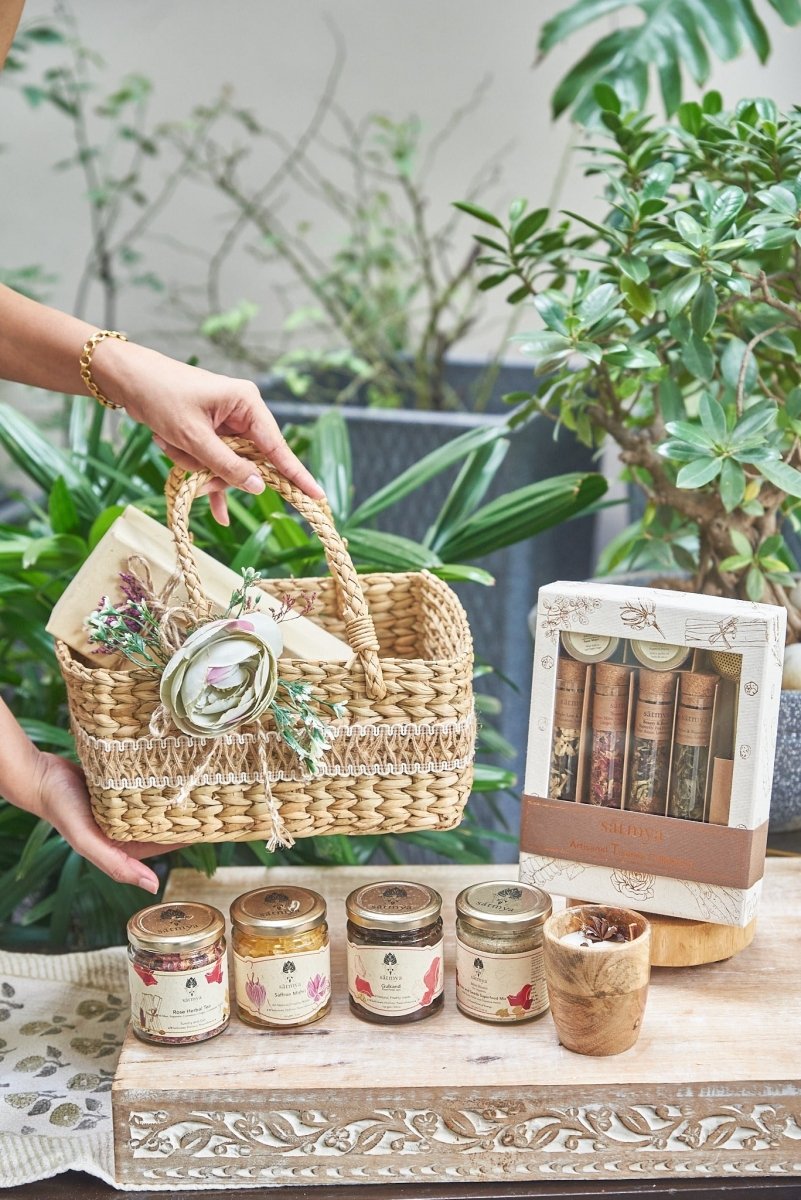
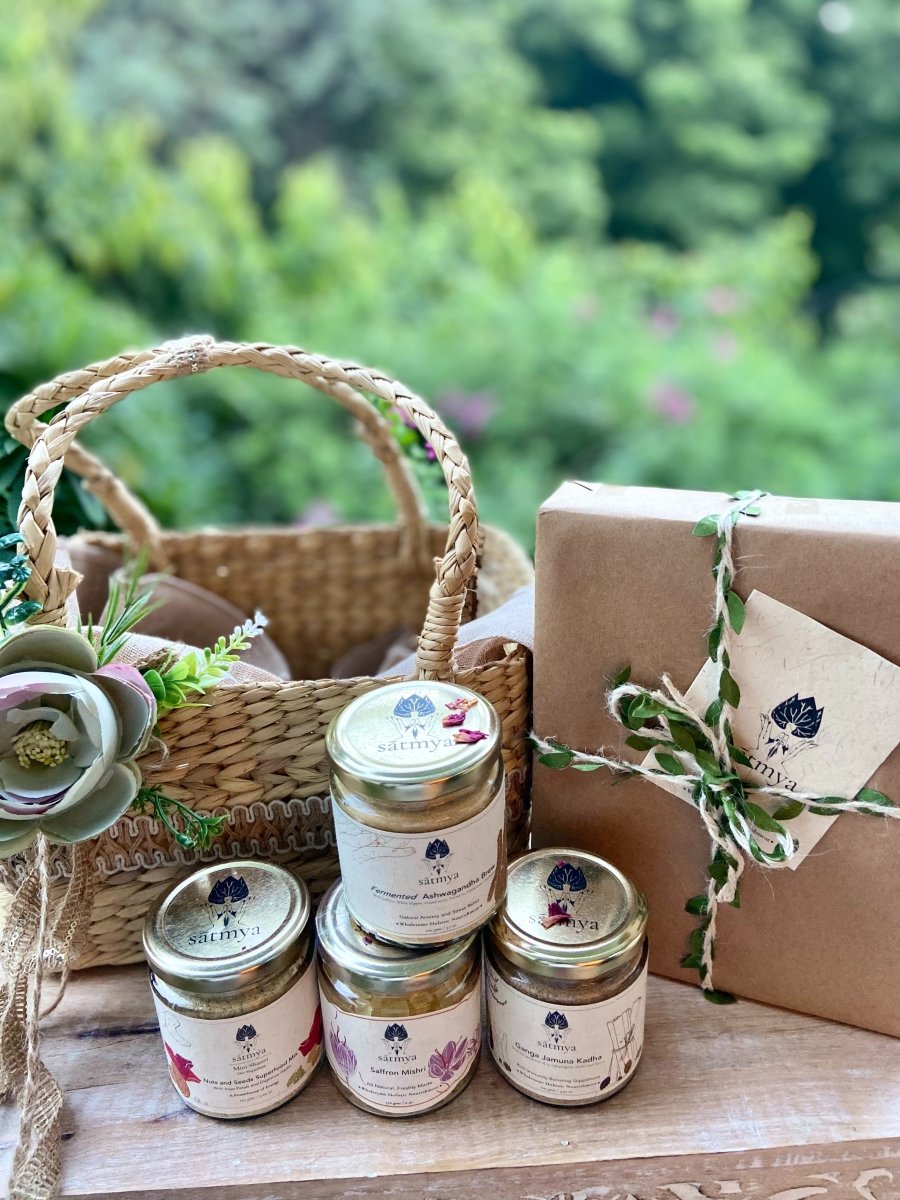
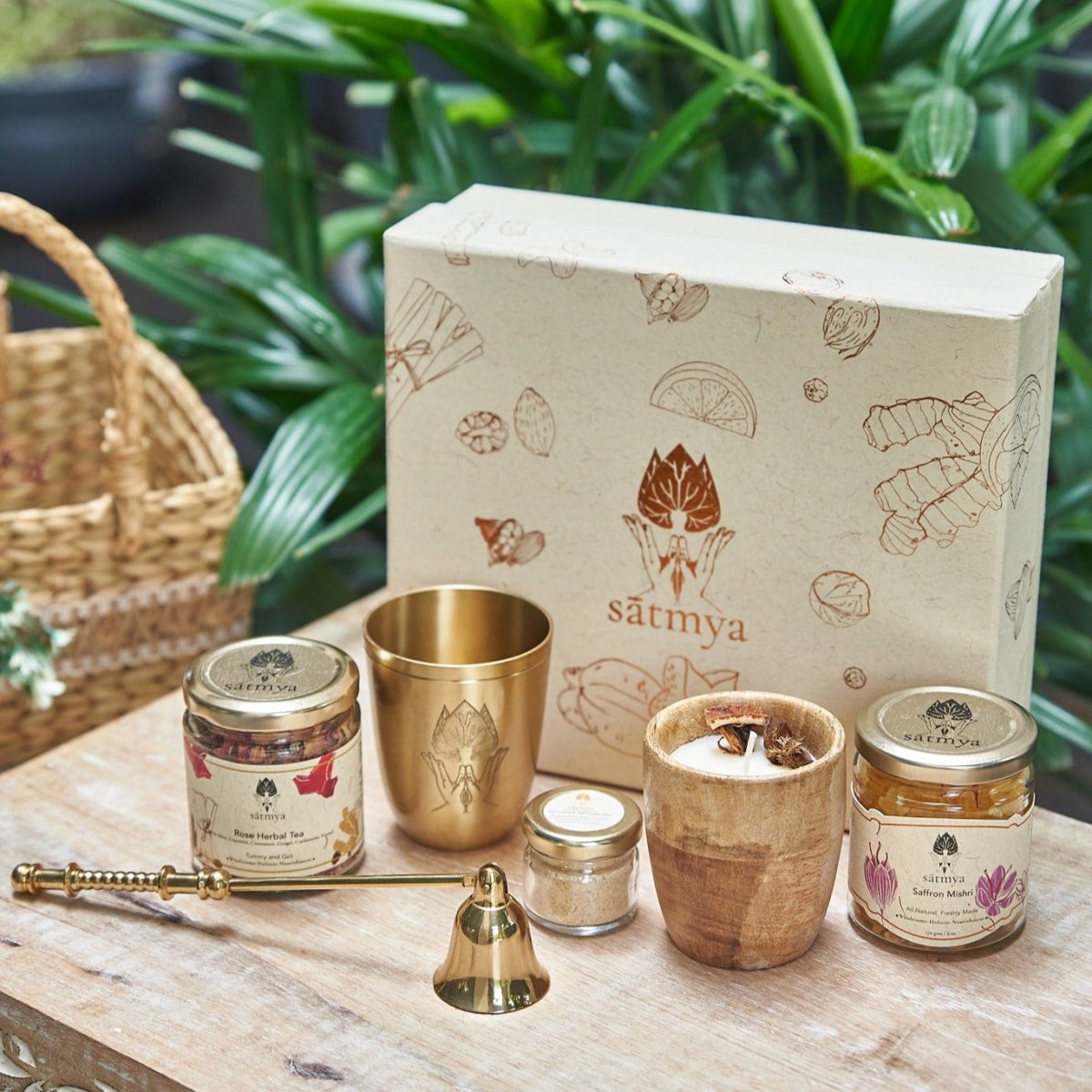

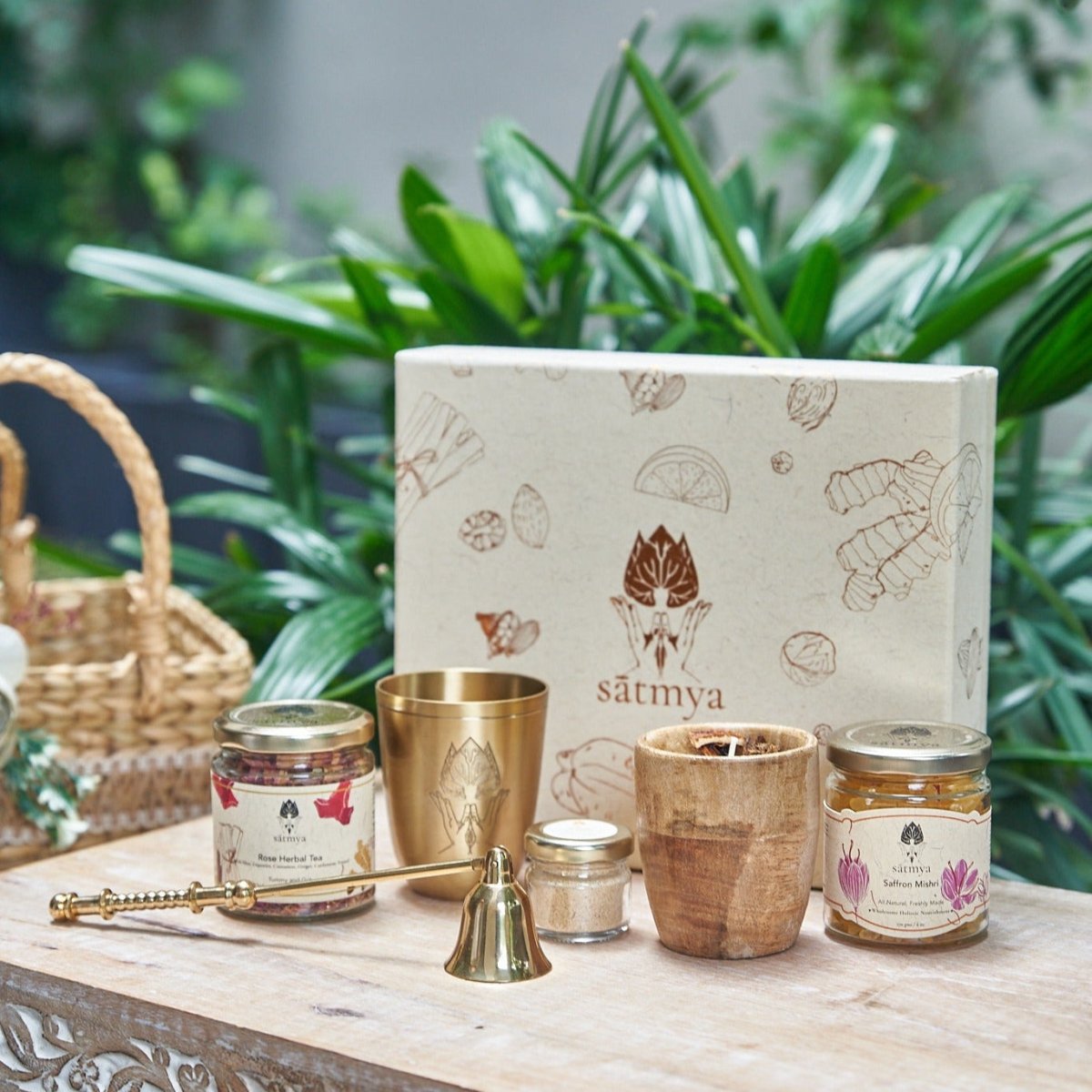
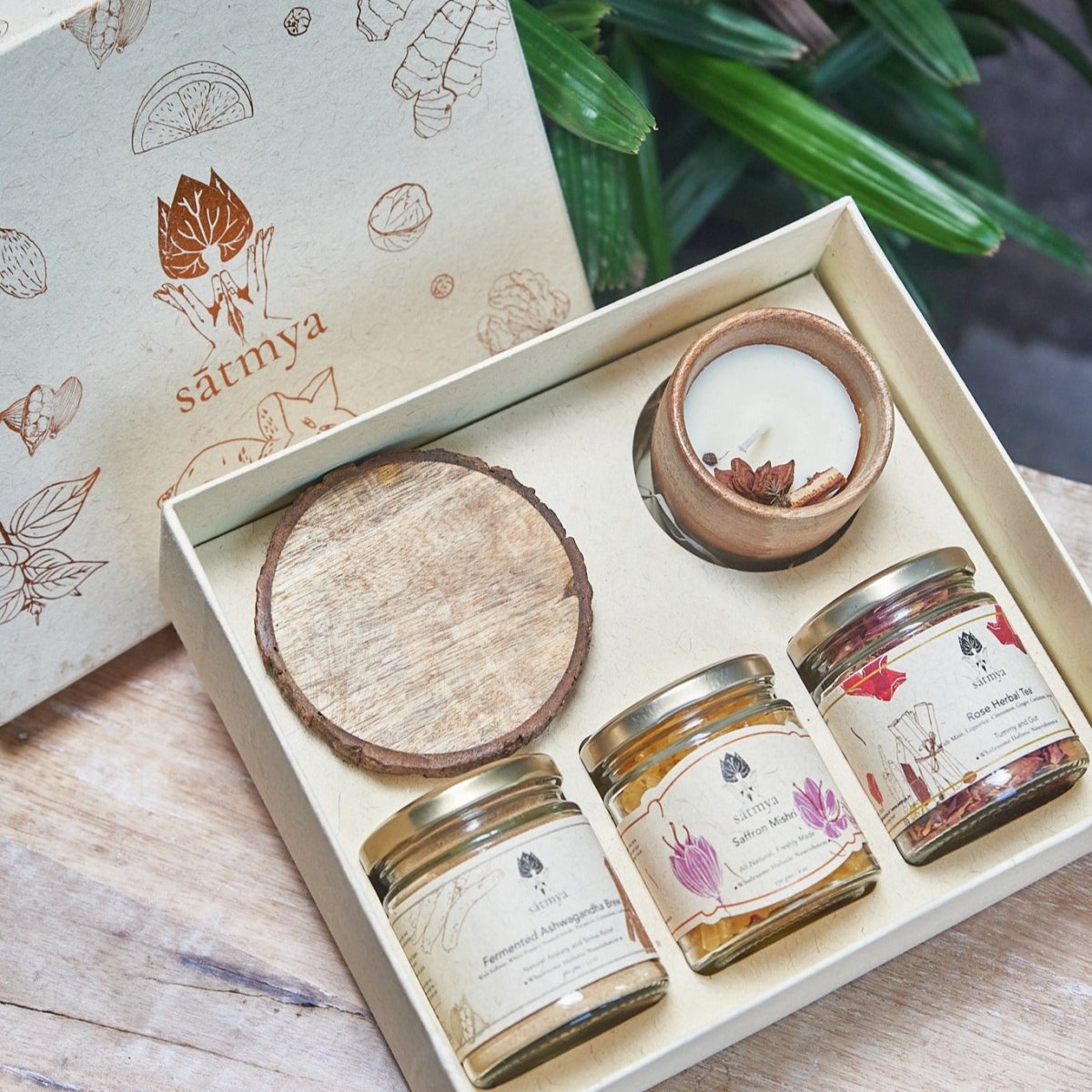
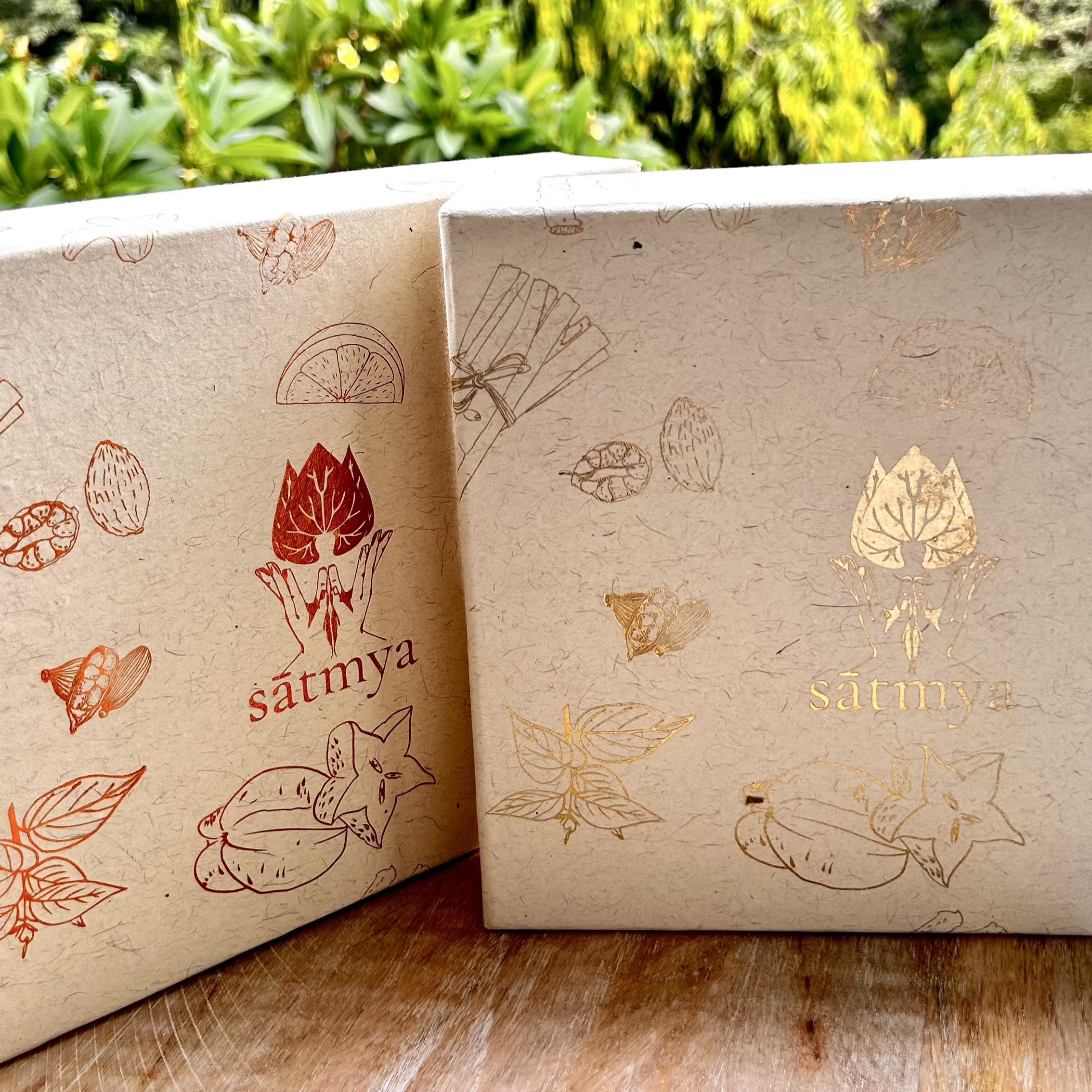
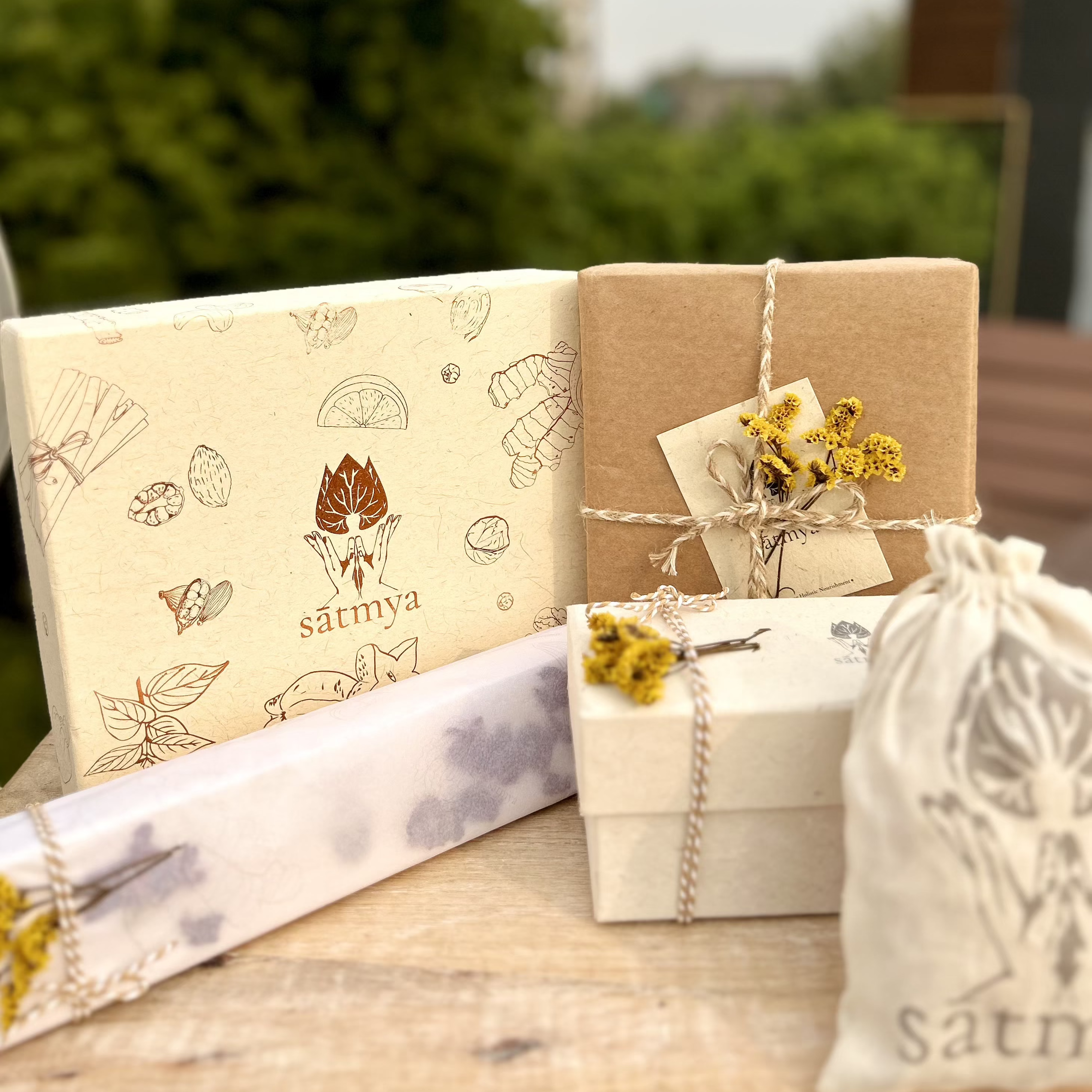
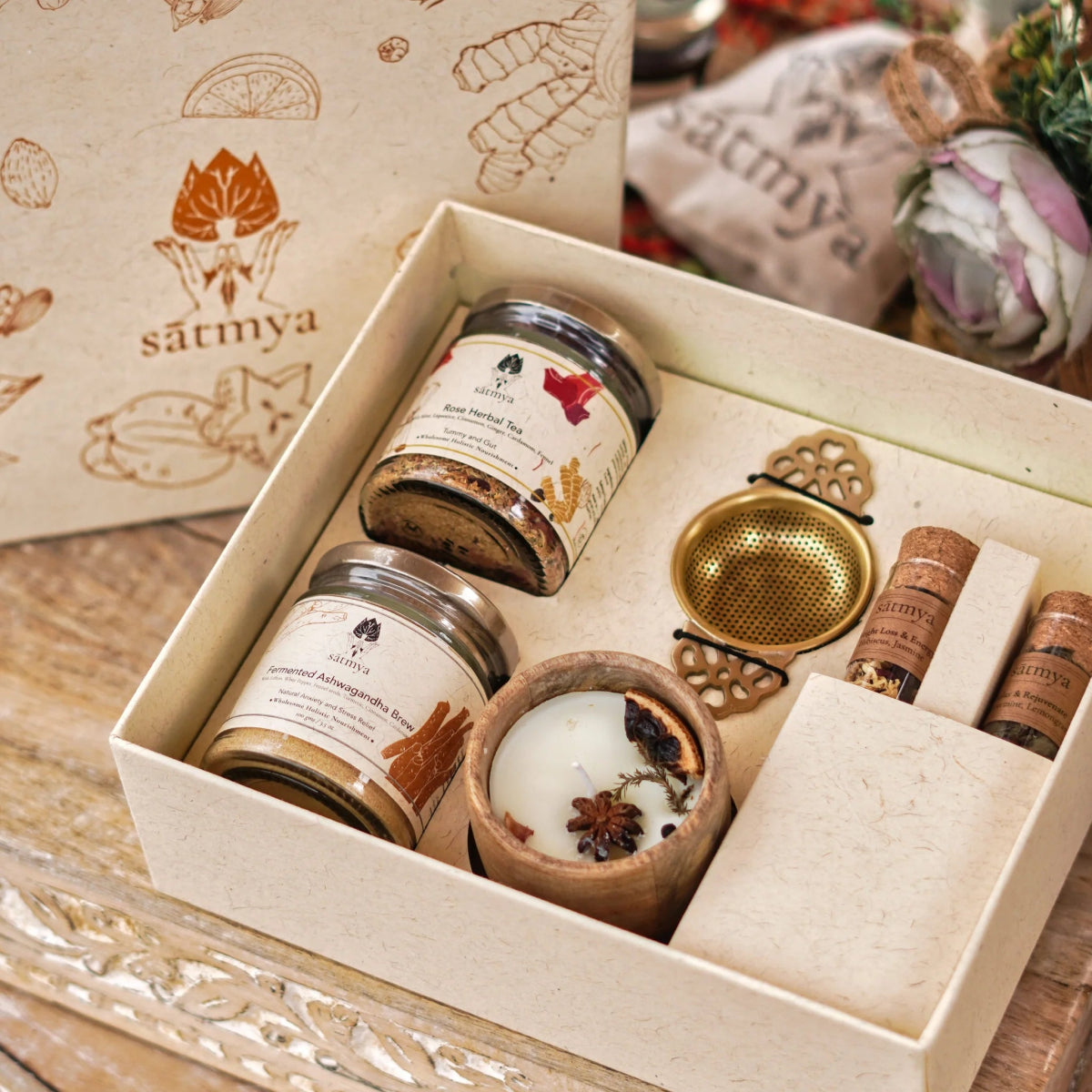

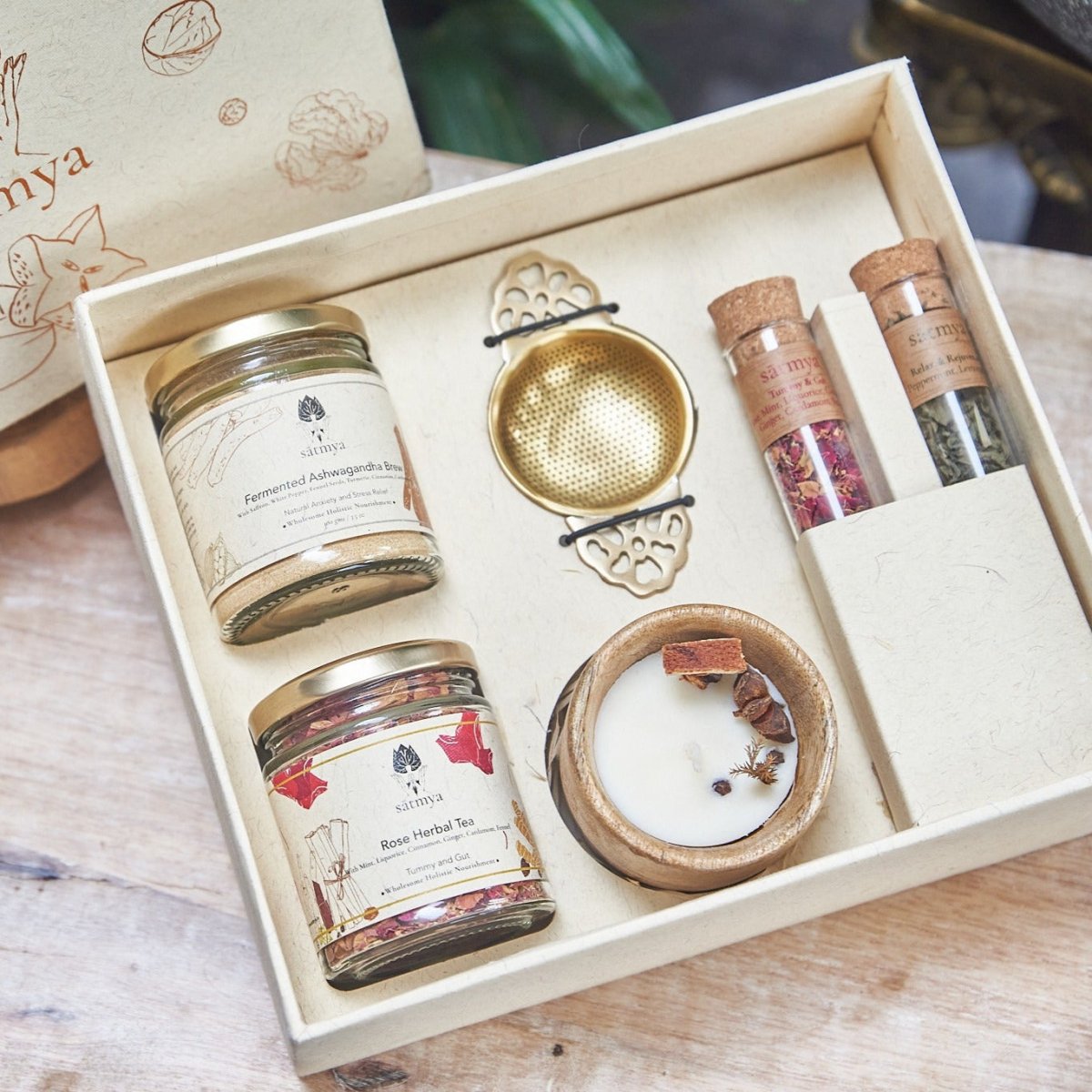

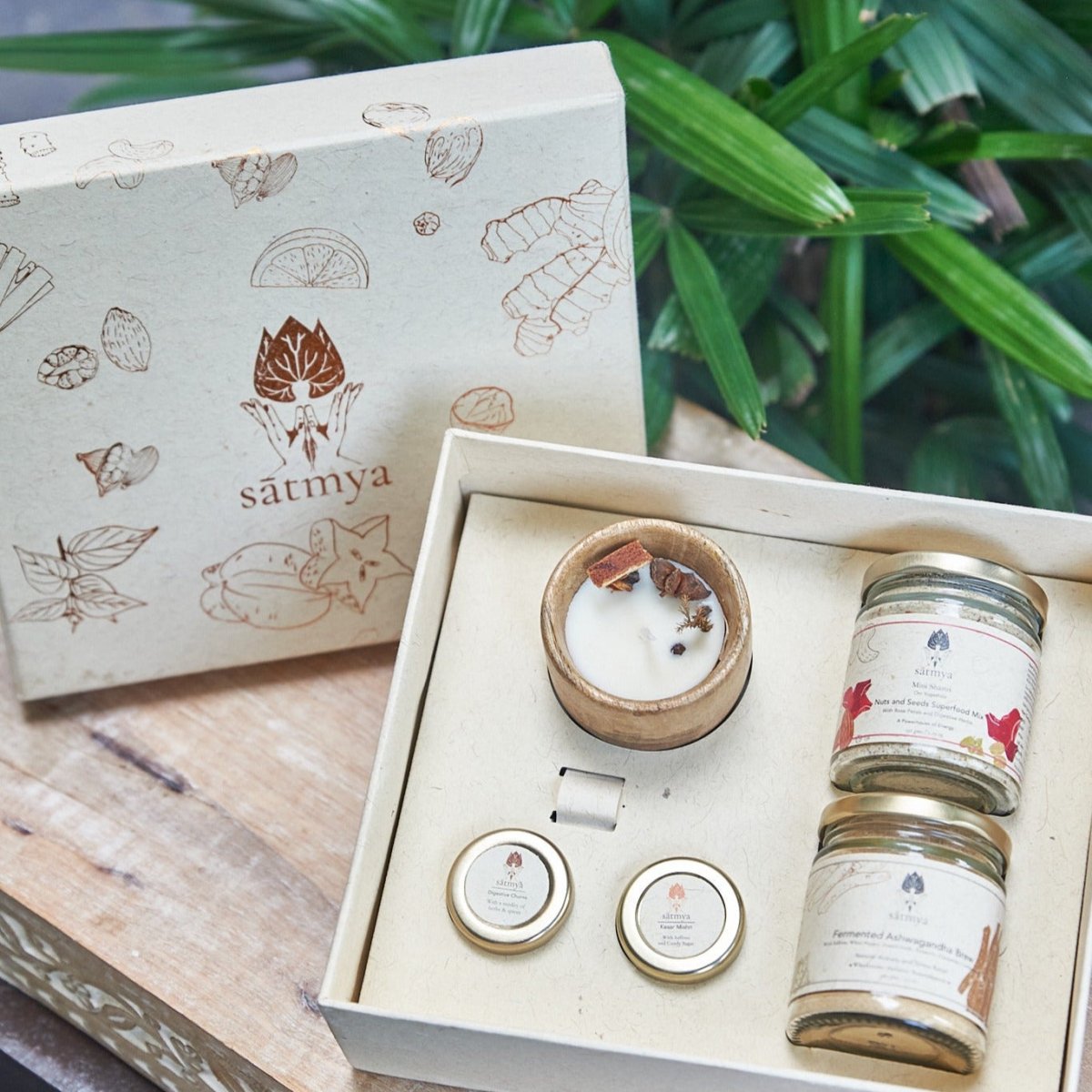
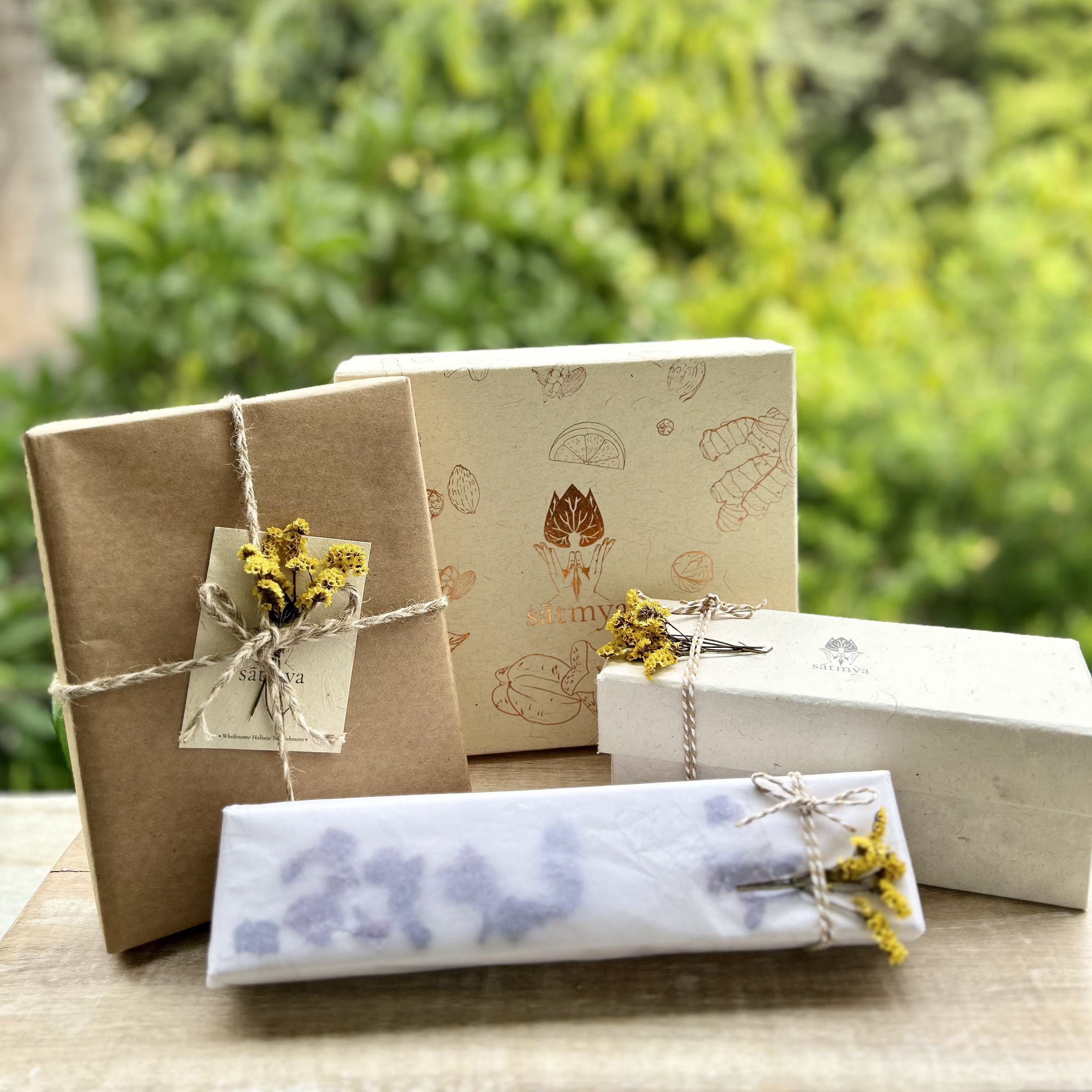
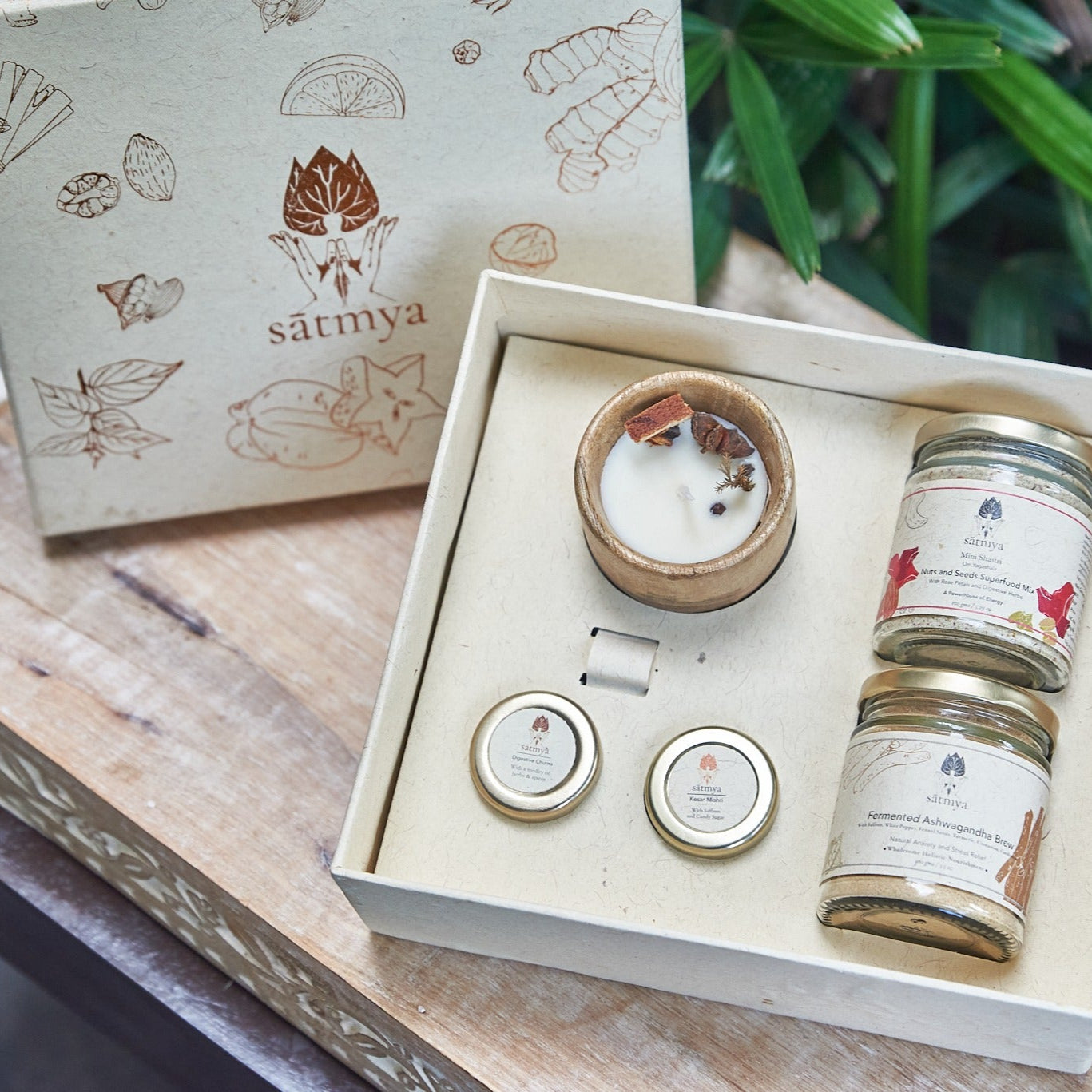
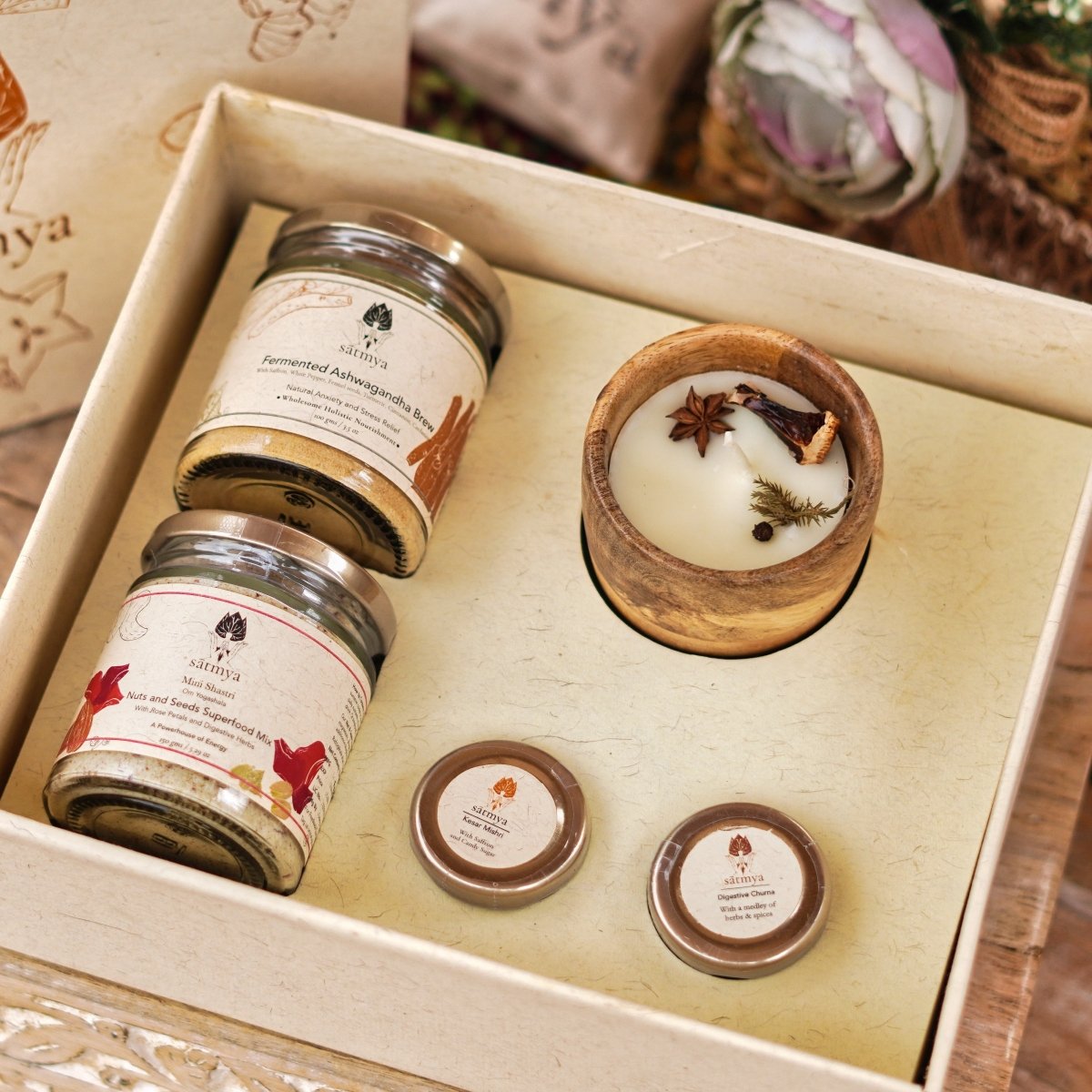
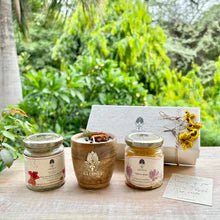
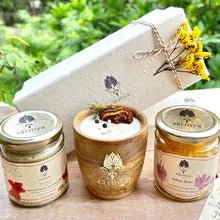
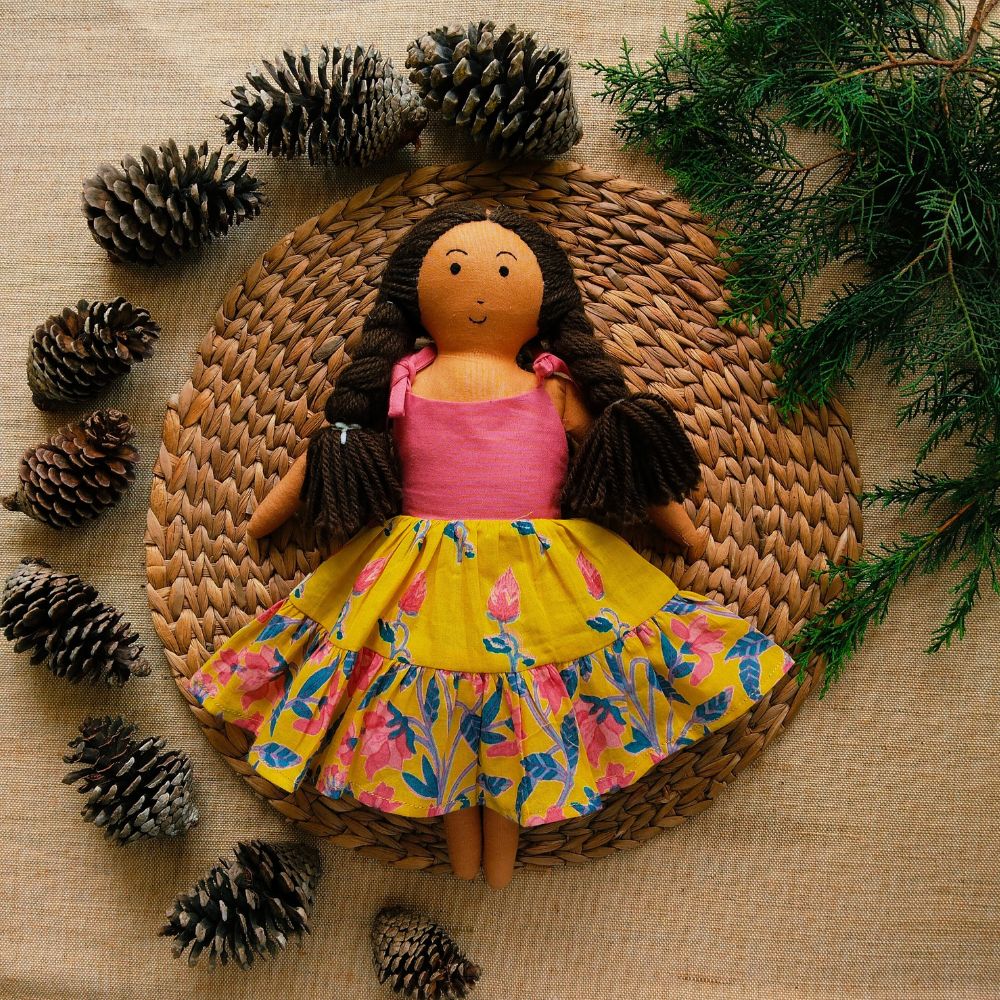
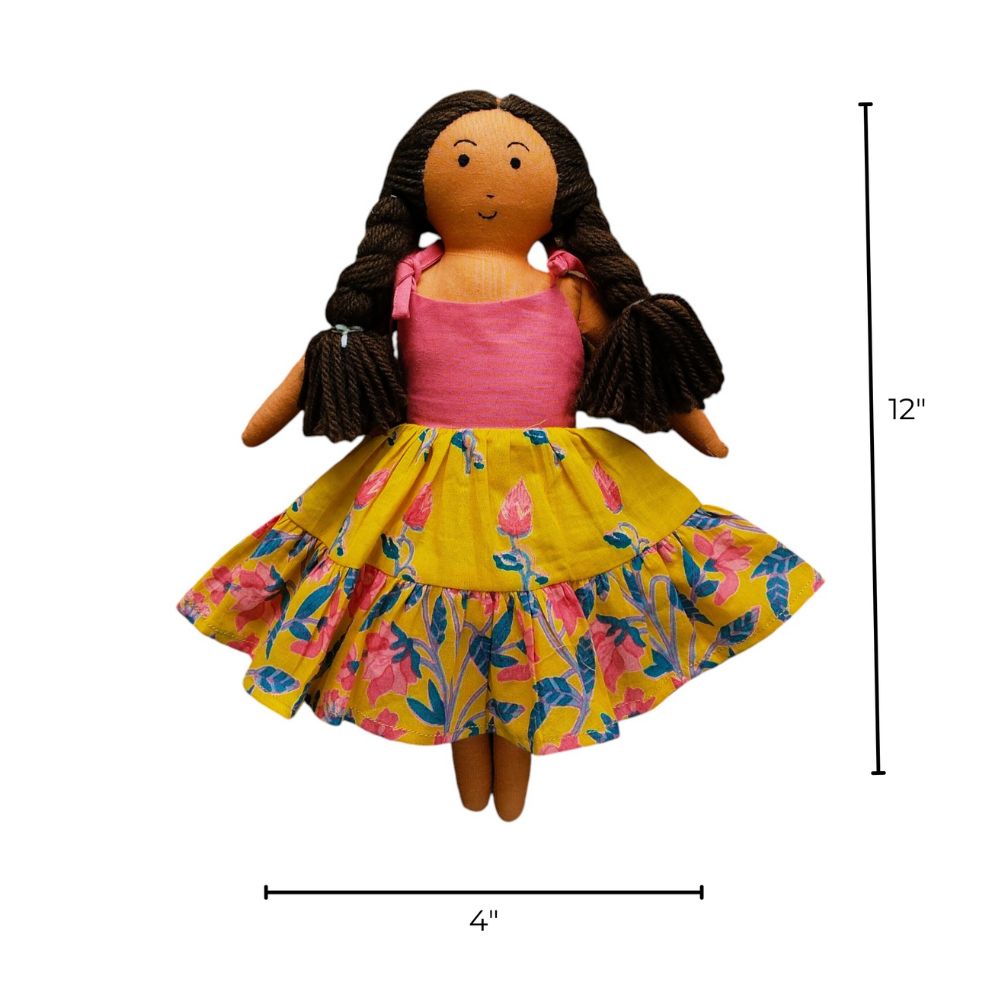



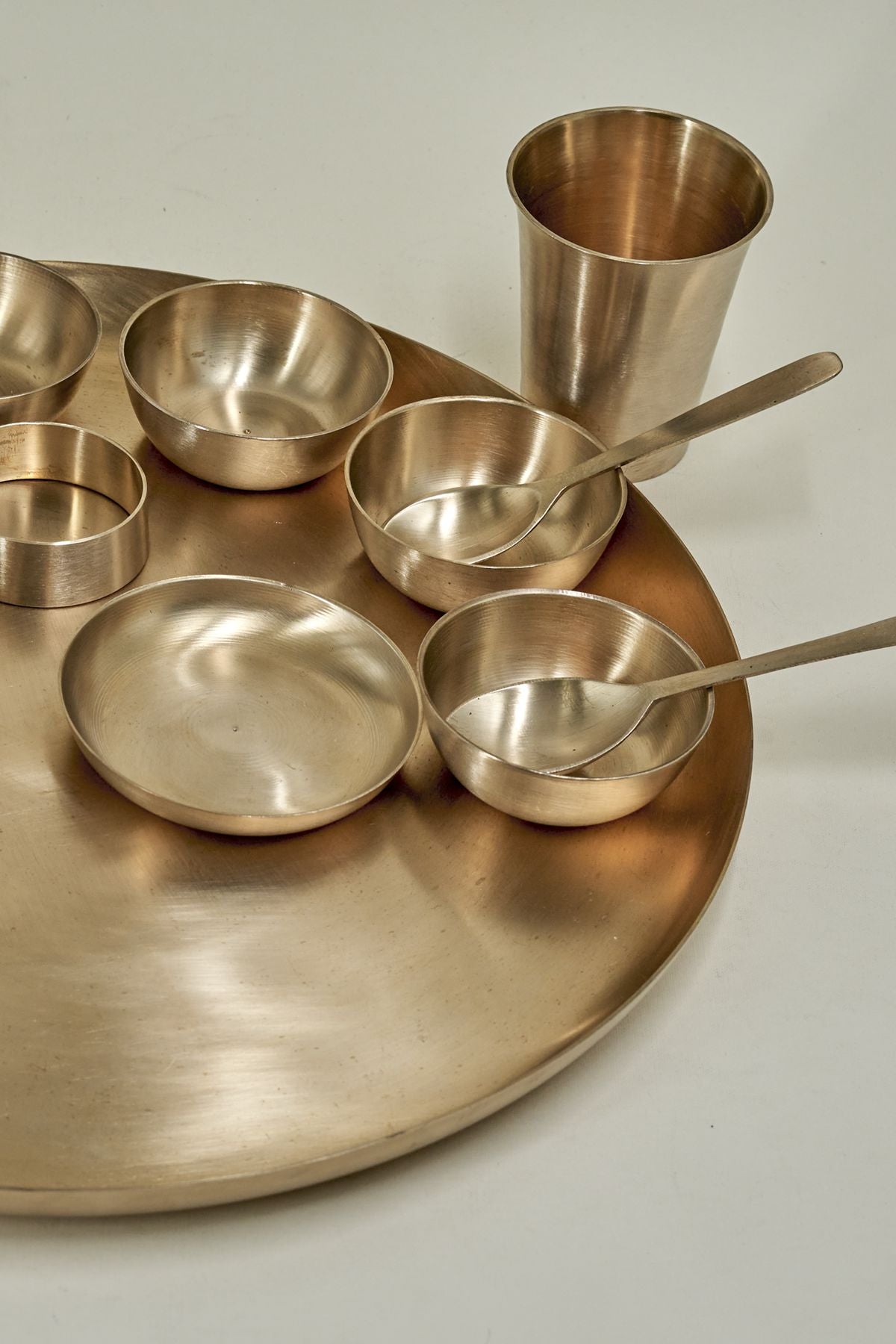
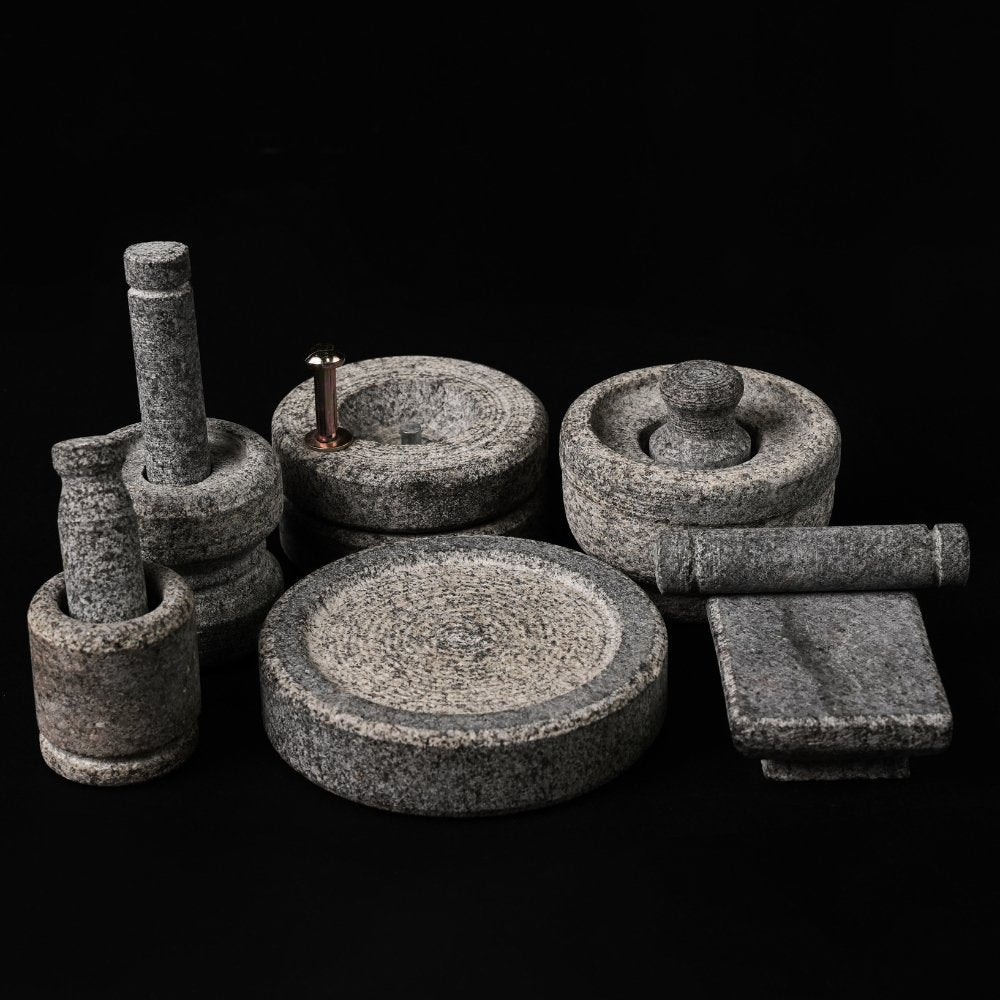







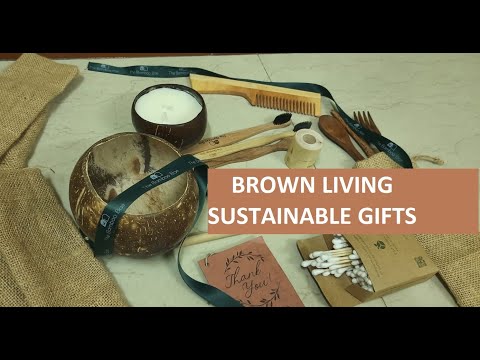



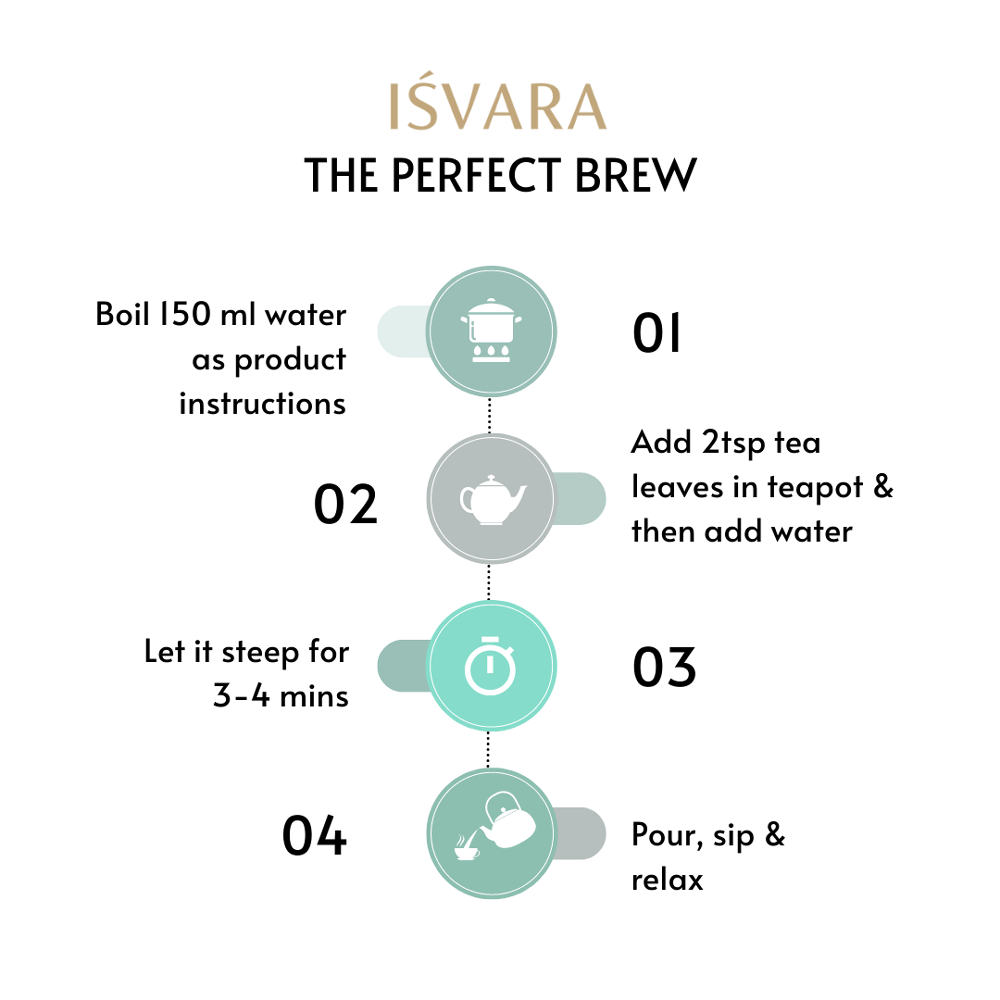
Share:
10 Eco-Friendly Father's Day Gift Ideas That Dad Will Love
How to Choose the Right Eco-Friendly Laptop Cover for Your Device